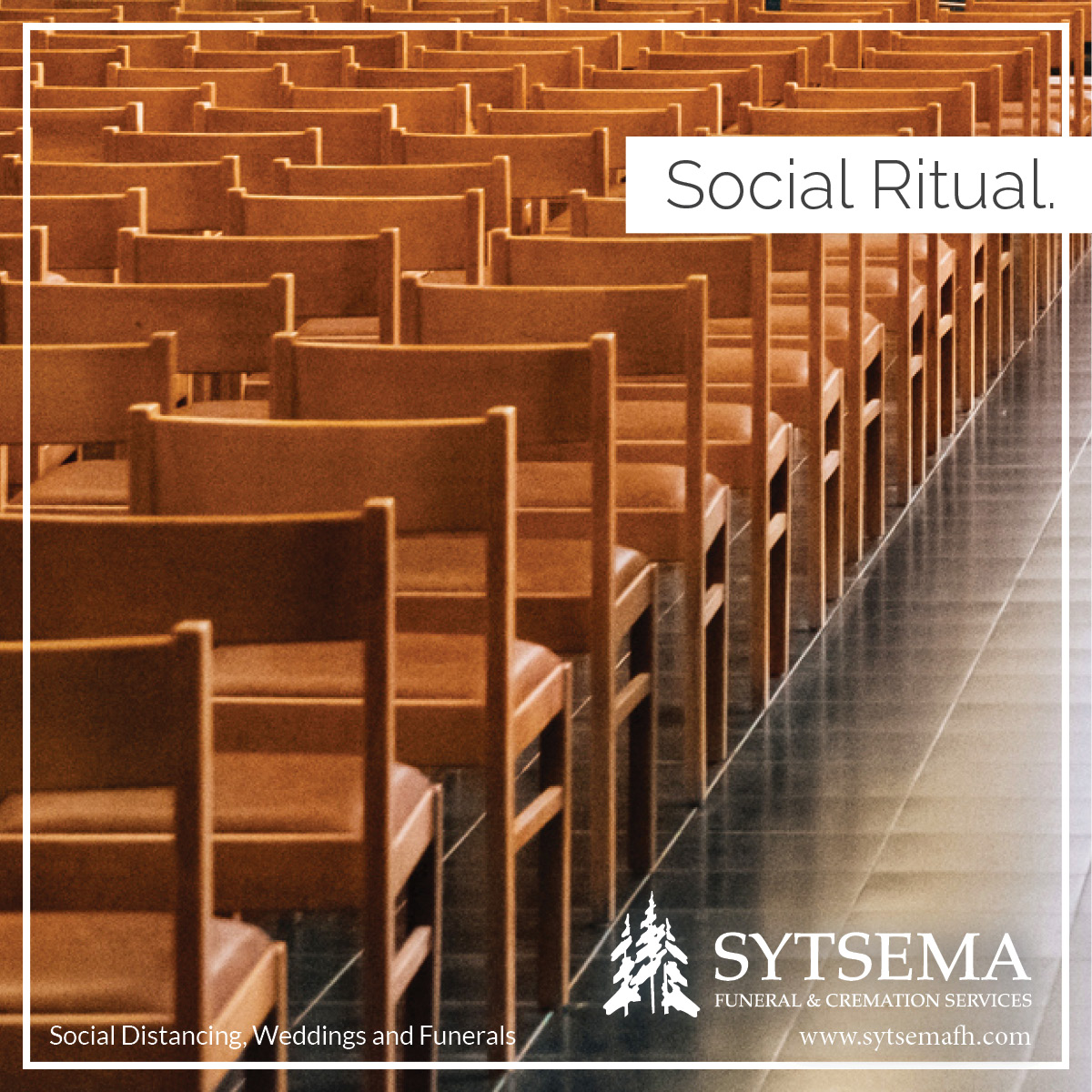What is the purpose of Memorial Day? Why do we have this holiday?
Of course, it is a three-day weekend. A perfect time to hit the road and do something in the great outdoors. After all, in most parts of the country it’s the start of the Summer season. Time to clean off the grill, get out the frisbee, and spend time with family.
Although the celebrations may look a little different this year, take a moment to remember the origin of this holiday.
It started as Decoration Day. The Civil War ended in the Spring of 1865 claiming 600,000 lives. More lives than in other wars in US History. Decoration Day was a day set aside to decorate the graves of those who died in this war. Graves were decorated with flowers and flags with a goal to honor the ultimate sacrifice of those who died. By the end of the 1800’s Decoration Day was an official holiday.
After World War I, Decoration Day was changed to Memorial Day. The revamped holiday was set aside as a time to remember all who gave their lives in service of our country in any war. Memorial Day is a distinctively American holiday and is properly celebrated with red, white, and blue American enthusiasm.
It is also a time to visit the cemetery and decorate the graves, fly the flag, and go to a parade. It might also be a time to think about and learn a little about American History. You could even make it a family activity. Get the kids to put those electronic devices to good use playing Memorial Day Trial Pursuit of sorts. How many wars have we Americans participated in? Where did we fight? Why were we fighting? Just go with the tried and true journalism questions… who, what, where, when, and why. There is a lot to learn. Your family might even have a discussion!
Use a little of that time off work to learn about, remember, and honor all the men and women who have died in military service.





